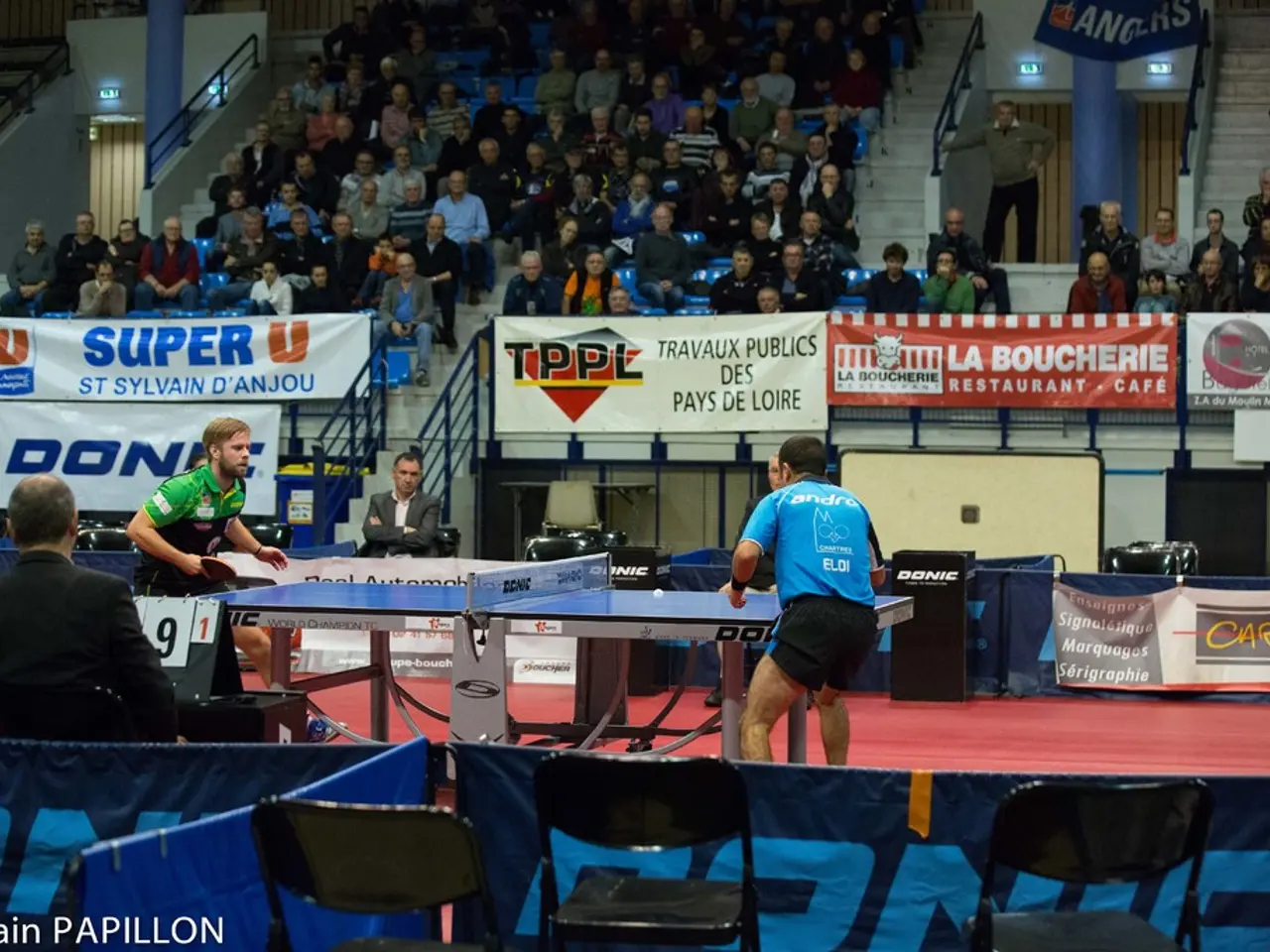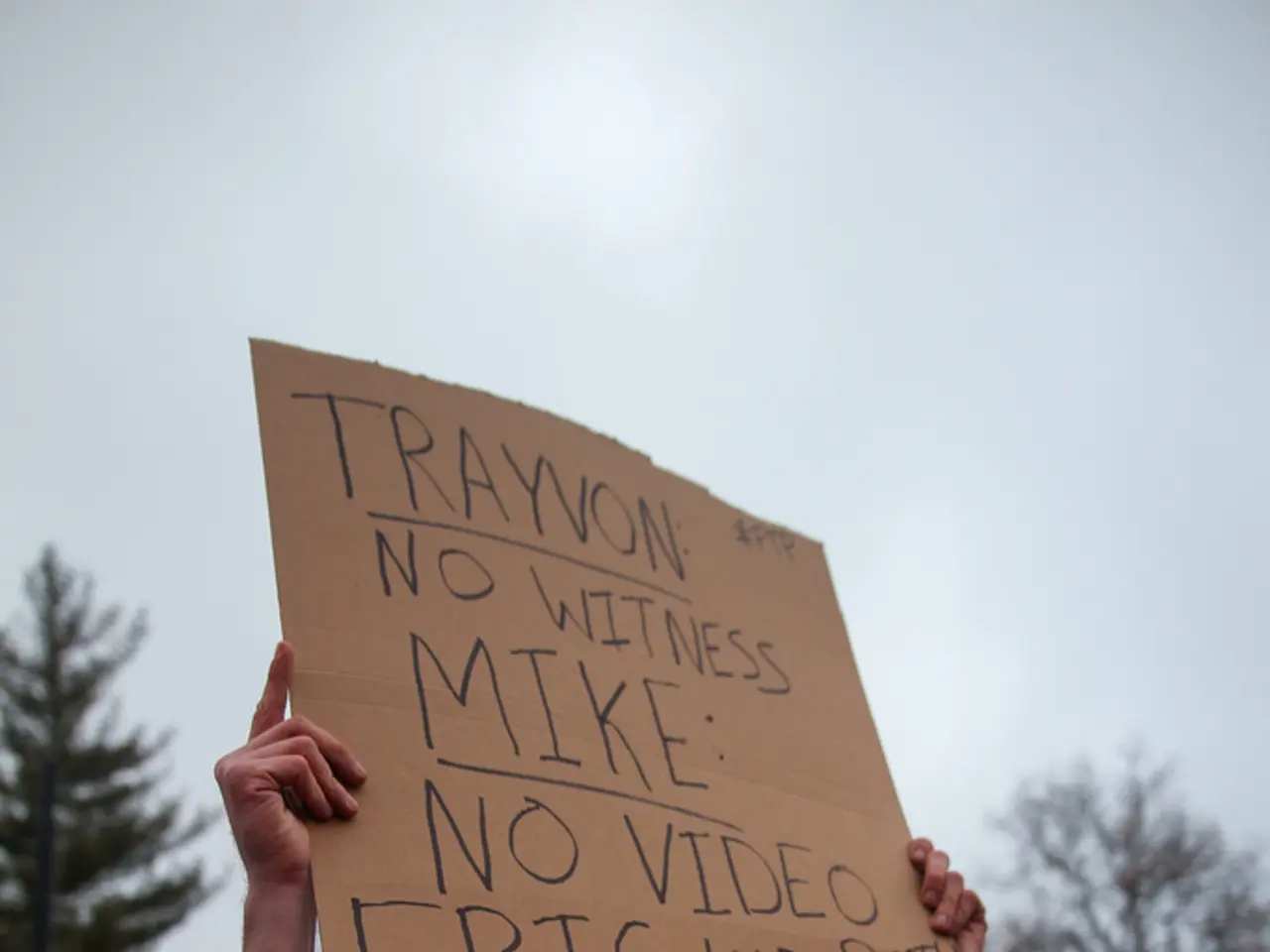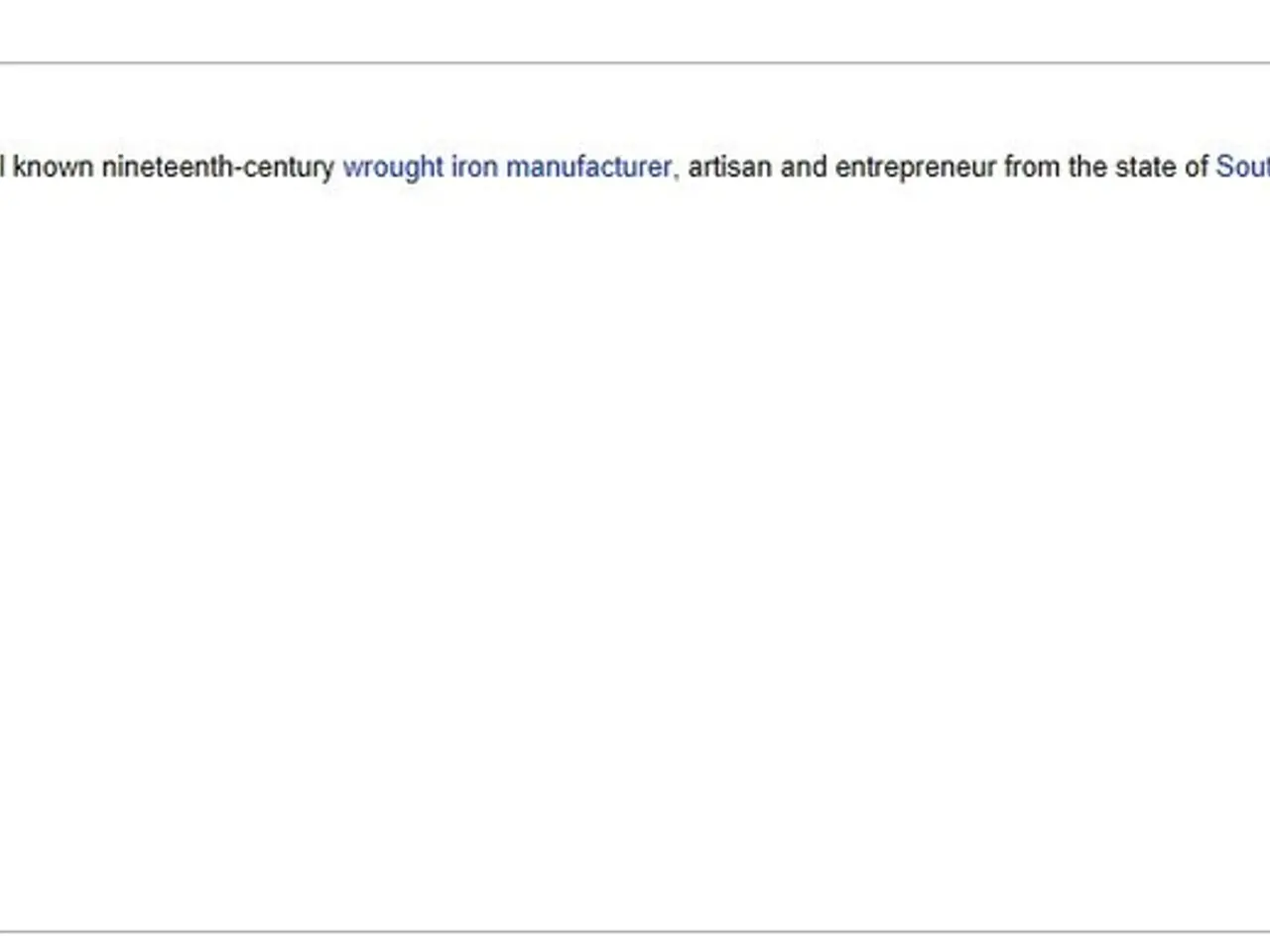Lawmakers Propose Bringing Esports to Pennsylvania for Another Shot
In a move that reflects the growing global interest in esports and esports betting, Representative Ed Neilson of Pennsylvania has reintroduced House Bill 1636 to legalize esports betting in the state. This bill, if passed, aims to expand the definition of "sports events" to include competitive video game competitions, opening the door for licensed sportsbooks to accept wagers on esports events.
However, the bill does not specify an age limit for betting on esports events, leaving it open to interpretation. This raises concerns because esports players can be as young as 13, potentially making betting on events involving minors a contentious issue. Currently, Pennsylvania prohibits wagering on prop bets involving high school and college players, and the inclusion of underage esports players in betting markets could be seen as controversial.
Rep. Neilson's bill does not specify which gambling regulator would be responsible for approving esports events for betting. If the Pennsylvania Gaming Control Board (PGCB) were to allow it, the state could potentially see wagering on a wider array of events. The bill also does not mention any penalties for violating the regulations surrounding esports betting.
Despite the relatively small revenue generated by esports betting compared to traditional sports wagering and iCasino, Rep. Neilson has been a long-standing supporter of the esports vertical, particularly the betting aspect. He argues that the PGCB needs to be tasked with overseeing esports betting due to its growing popularity and traction.
The bill expands the definition of what can be bet on, including "any other competition or event" approved by a gambling regulator. This could potentially lead to a surge in esports betting, helping legitimize it as a business. However, the bill does not address potential regulations for esports betting, such as betting limits or fraud prevention measures.
The success of this bill may help Pennsylvania join other states like Connecticut, Massachusetts, and New Jersey, which have already approved legislation to allow esports betting. The bill's introduction indicates a growing interest in esports betting in Pennsylvania, but its future remains uncertain as it is currently pending.
Meanwhile, concerns about betting on minors persist. While major esports organizations like Riot Games have begun allowing regulated betting sponsors for Tier 1 events, they include strict guidelines to prevent integrity issues and underage exposure to gambling content. However, the broader implications of betting on events featuring minors remain a topic of debate and potential legal scrutiny.
The bill, if passed, might extend to state-sanctioned sports betting in casinos, including sports-betting on esports events. However, the lack of specified age limits for esports betting could potentially involve minors, stirring up debates over the contentious issue of betting on underage esports players.
The bill's expansion of what can be bet on could lead to a casino-based sports-betting surge for esports, yet it fails to address potential regulations such as betting limits or fraud prevention measures.








